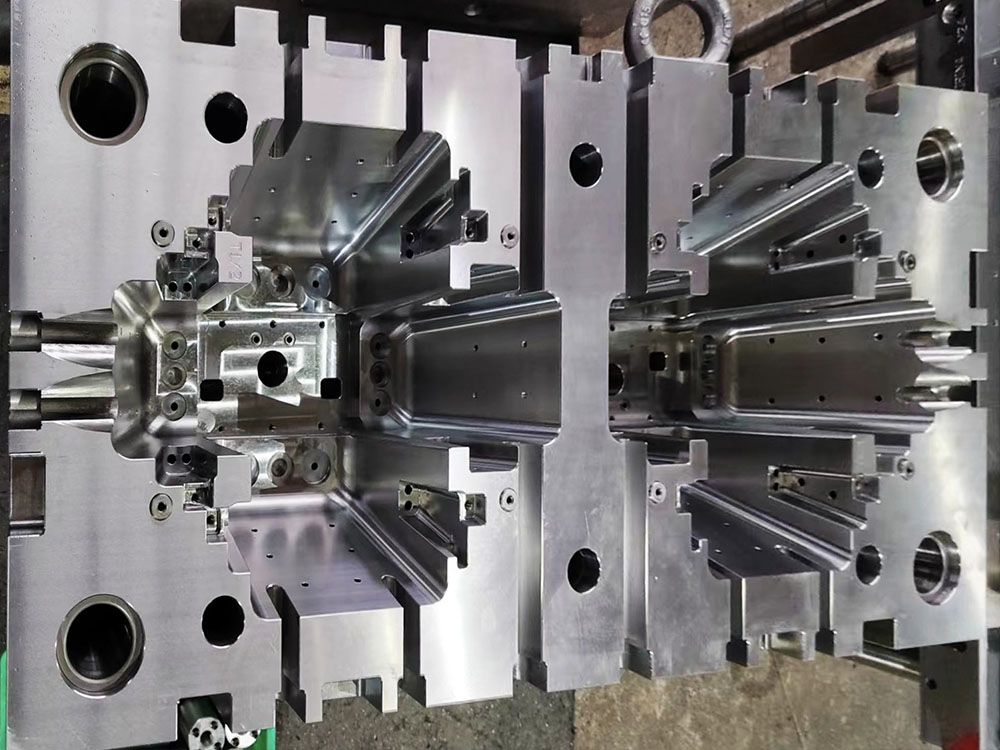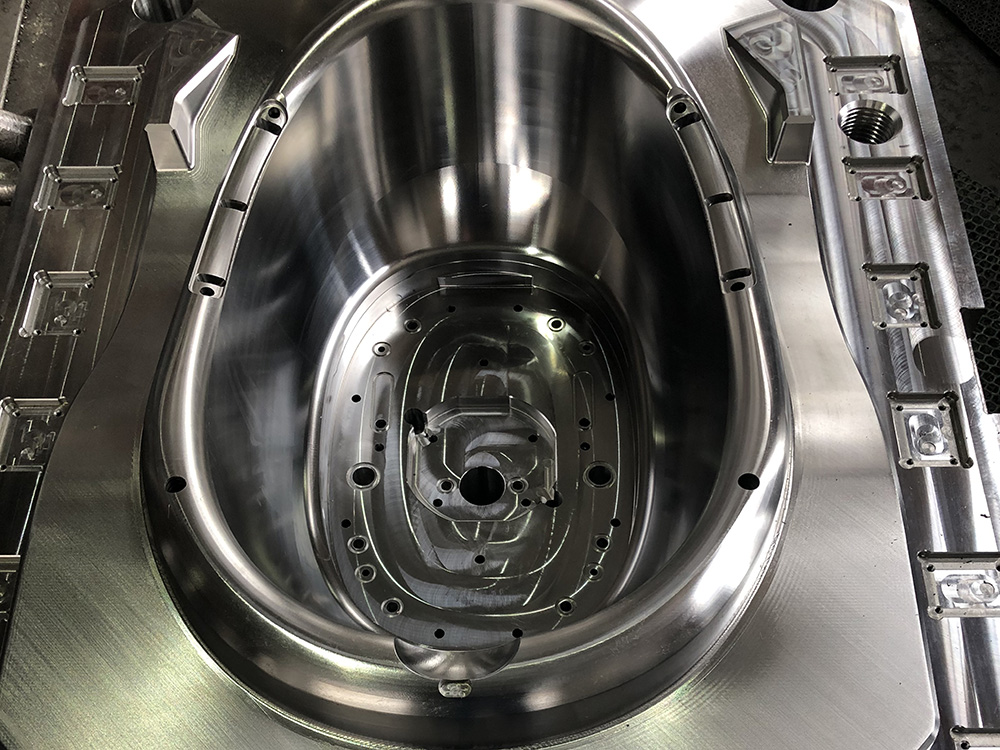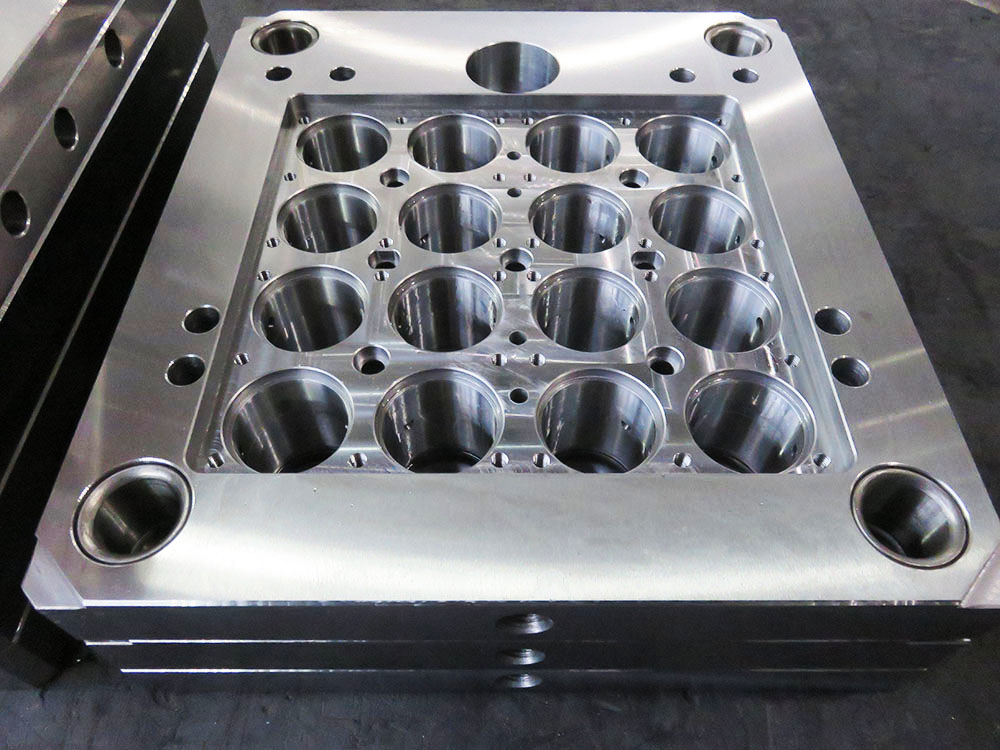Introduction to the Mold Base Industry
The mold base industry is an essential sector in the manufacturing and production of various products. Mold bases are used as a foundation for creating molds and tooling in industries such as automotive, electronics, consumer goods, and many others. A well-designed and constructed mold base ensures accuracy, stability, and efficiency in the production process.
1. Importance of Quality Mold Bases
Quality mold bases are crucial for achieving precision and consistency in the manufacturing process. They provide a solid and reliable platform for the creation of molds, which directly impacts the final product's quality. A poorly designed or manufactured mold base can result in defects, dimensional inaccuracies, and production delays.
2. Design and Engineering
The design and engineering phase of mold base production is a critical step that requires careful planning and attention to detail. Skilled engineers utilize CAD (Computer-Aided Design) software to create precise digital models of the mold base. This allows for a comprehensive analysis of the design, identifying any potential issues or areas of improvement.
The design incorporates various factors, such as the size and shape of the mold, the type of material being used, and the intended production volume. Consideration is given to the number and location of ejector pin holes, cooling channels, and other features that are necessary for efficient and effective molding.
3. Materials Selection
The choice of materials for mold base construction is essential to ensure durability, stability, and resistance to wear and tear. Common materials used in mold base manufacturing include aluminum, steel, and pre-hardened steel.
Aluminum mold bases are lightweight and offer good thermal conductivity, making them suitable for applications that require efficient cooling. Steel mold bases, on the other hand, offer excellent strength and stability. Pre-hardened steel mold bases provide a balance between strength and ease of machining.
4. Machining Process
The machining process involves the removal of excess material to shape and form the mold base according to the design specifications. CNC (Computer Numerical Control) machines are widely used in mold base manufacturing due to their precision and efficiency.
The machining process includes operations such as milling, drilling, and grinding. These processes are carried out to create features like guide pin holes, parting line locks, and pockets for inserts.
5. Surface Treatment
Surface treatment is often performed on the mold base to enhance its durability and resistance to corrosion. Common surface treatments include heat treatment, nitriding, and coatings.
Heat treatment involves heating the mold base to a specific temperature and then cooling it rapidly. This process improves the hardness and strength of the mold base, making it more resistant to wear and deformation.
Nitriding is a surface hardening process that involves diffusing nitrogen into the surface of the mold base. This creates a hard and wear-resistant layer, extending the mold base's lifespan.
Coatings, such as titanium nitride (TiN) or diamond-like carbon (DLC), can be applied to the mold base's surface to further enhance its hardness, lubricity, and release properties.
6. Quality Control
Quality control measures are essential to ensure that the mold base meets the required specifications and standards. This involves rigorous inspections and measurements at various stages of the production process.
Advanced metrology equipment, such as coordinate measuring machines (CMM), is utilized to verify dimensional accuracy and ensure precise alignment of key features. The surface finish is also inspected to ensure the absence of defects or imperfections that could affect the final product's quality.
Conclusion
The mold base industry plays a crucial role in the manufacturing sector, providing the foundation for accurate and efficient mold production. By employing advanced design, engineering, and manufacturing techniques, along with stringent quality control measures, the mold base industry ensures that products across various industries are manufactured with precision and consistency.




